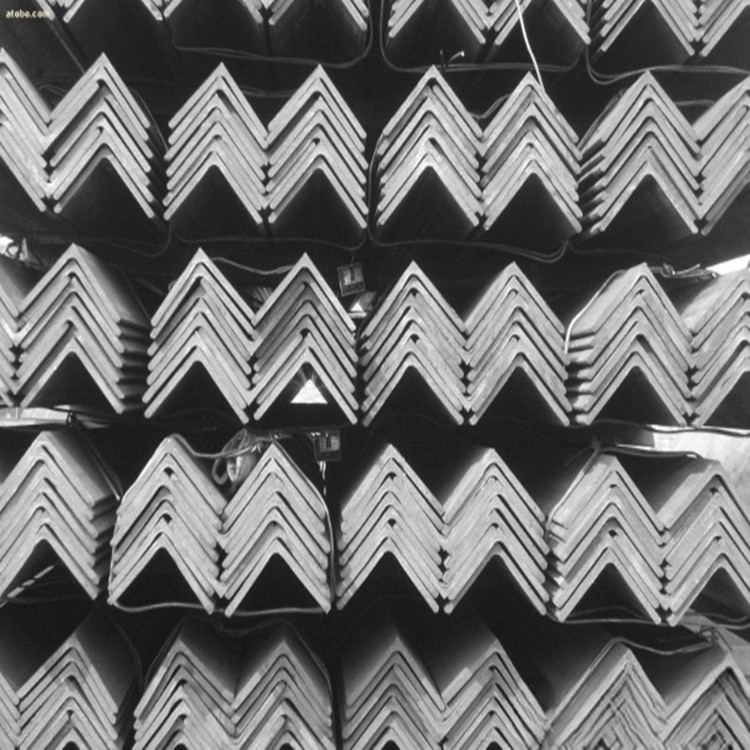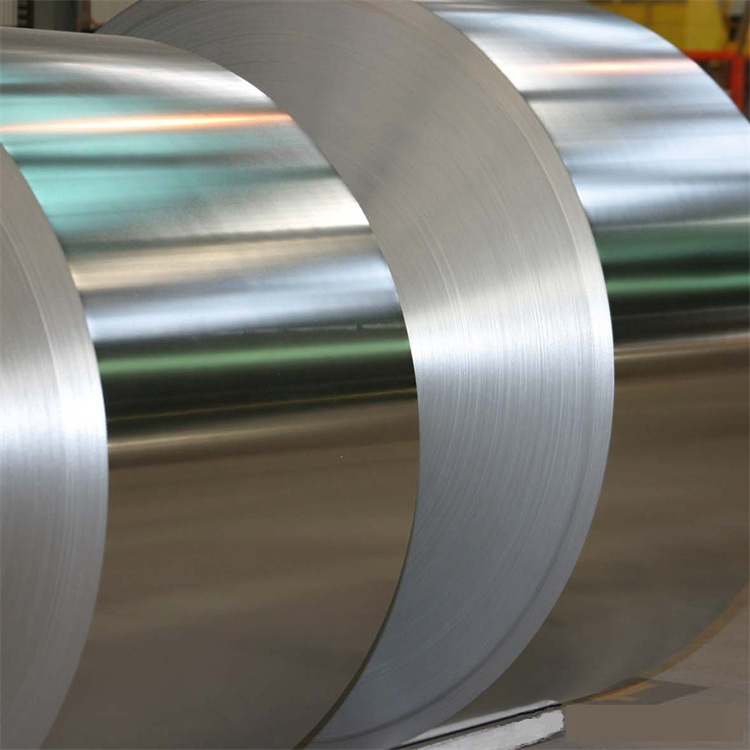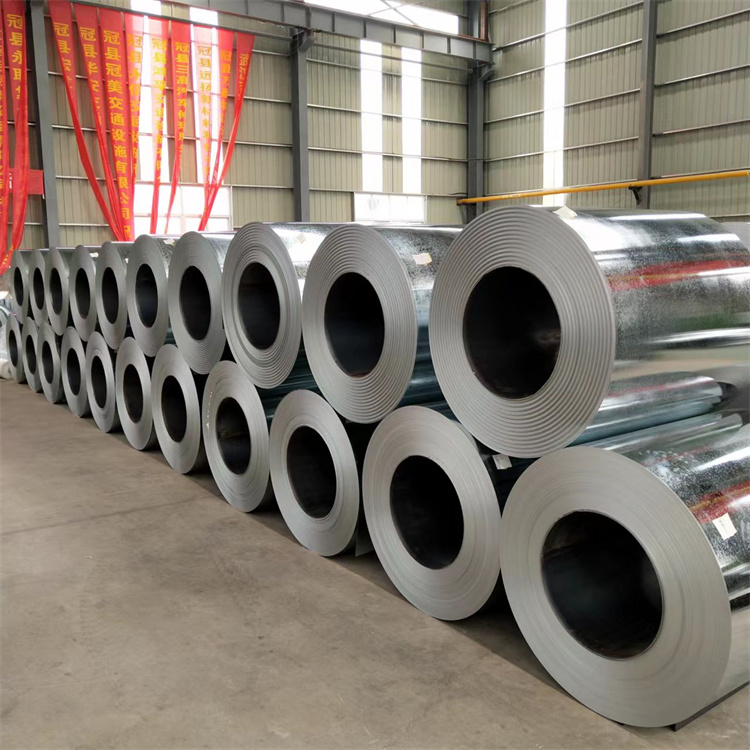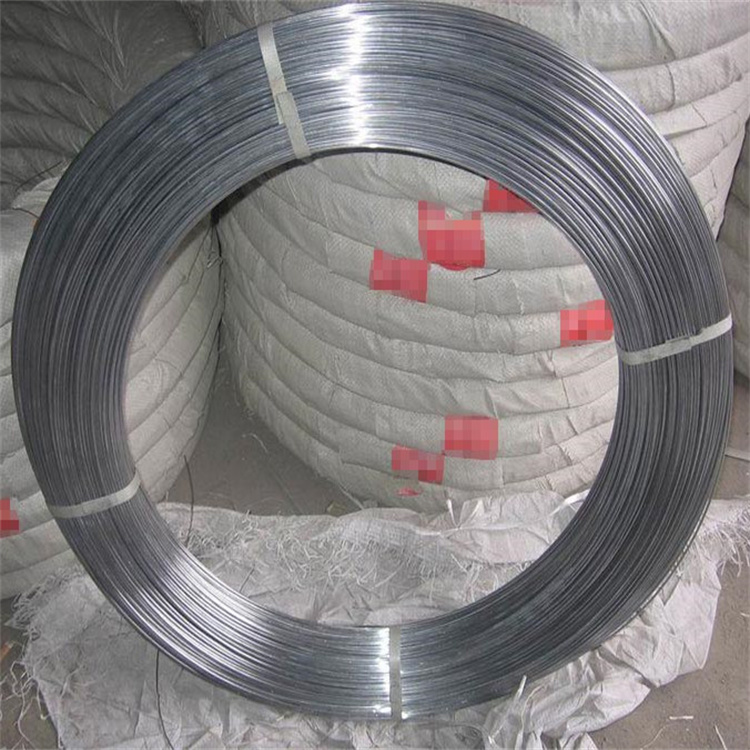Galvalume Steel Coil HS Code 72106100: An In-Depth Overview
Introduction
Galvalume steel coils are a popular choice in construction and manufacturing due to their superior corrosion resistance, durability, and reflective properties. These coils are primarily used in roofing, siding, and other structural applications. When it comes to international trade, understanding the correct HS (Harmonized System) code is crucial for smooth import and export processes. For galvalume steel coils, the HS code is 72106100. This article explores what galvalume steel coils are, the significance of HS code 72106100, their uses, advantages, and factors that impact their global trade.
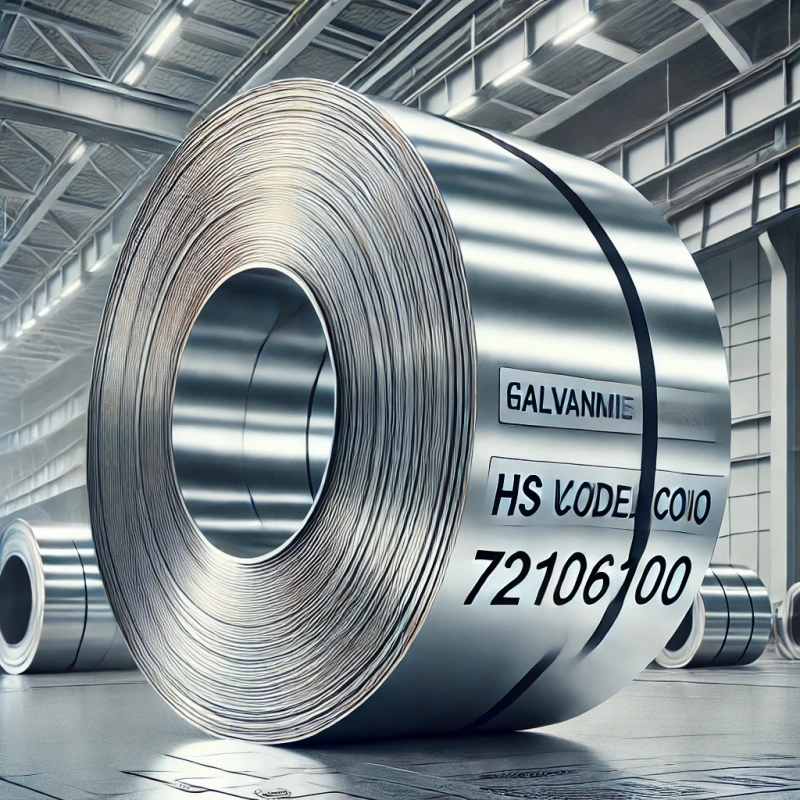
What Are Galvalume Steel Coils?
Galvalume steel is a type of coated steel that combines the properties of aluminum and zinc to offer enhanced protection against corrosion. The coating typically consists of 55% aluminum, 43.4% zinc, and 1.6% silicon, applied to a steel substrate through a continuous hot-dipping process. This coating offers superior resistance to rust and corrosion compared to standard galvanized steel, making it ideal for applications in harsh environments.
Galvalume steel coils are widely used in the building and construction industry for roofing, cladding, and structural components. Their shiny, silvery appearance also makes them a preferred choice for architectural designs. These coils can be further processed into sheets, panels, or custom shapes, depending on the application requirements.
Understanding HS Code 72106100
The HS code or Harmonized System code is an internationally standardized system of names and numbers used to classify traded products. The HS code 72106100 specifically refers to:
72: Iron and steel.
10: Flat-rolled products of iron or non-alloy steel.
61: Of a width of 600 mm or more, clad, plated, or coated with aluminum-zinc alloys (Galvalume).
The code 72106100 is crucial for classifying galvalume steel coils during import and export processes, ensuring that traders adhere to international trade regulations and customs duties. This code allows customs authorities to identify the product quickly, assess the applicable tariffs, and ensure compliance with trade agreements. Using the correct HS code helps businesses avoid potential delays, fines, and additional costs associated with incorrect product classification.
Key Features of Galvalume Steel Coils
Superior Corrosion Resistance
The aluminum-zinc alloy coating provides a protective barrier that resists rust formation, even in environments exposed to moisture, salt, and other corrosive elements.
Galvalume steel coils typically last 2-4 times longer than standard galvanized steel, making them a cost-effective choice for long-term projects.
Excellent Heat Reflectivity
The aluminum content in the coating offers high thermal reflectivity, reducing heat absorption. This makes galvalume steel an ideal material for roofing applications in hot climates, as it helps in reducing energy consumption by maintaining cooler interiors.
Smooth, Aesthetic Finish
Galvalume steel coils have a smooth, attractive appearance that can be painted or left uncoated for a shiny, metallic look. This makes them suitable for both industrial and architectural applications.
Formability and Strength
The steel substrate provides excellent strength, while the coating allows the material to be formed into various shapes without cracking or peeling. This makes galvalume steel easy to fabricate into roofing sheets, wall panels, and structural components.
Applications of Galvalume Steel Coils
Galvalume steel coils are used in a variety of applications due to their durability and aesthetic appeal. Key uses include:
Roofing and Cladding: Commonly used for residential, commercial, and industrial roofing systems due to their weather resistance.
Automotive Components: Used in vehicle bodies and parts that require resistance to rust and corrosion.
Appliances: Employed in manufacturing home appliances such as refrigerators, washing machines, and air conditioners.
Agricultural Buildings: Ideal for barns, grain storage units, and other agricultural structures exposed to moisture and corrosive environments.
Fencing and Guardrails: Used in outdoor applications like fencing and road guardrails due to its durability.
Trade and Export Considerations for HS Code 72106100
Understanding the HS code 72106100 is vital for businesses involved in the global trade of galvalume steel coils. Here are some key considerations:
Tariff and Duty Implications
The HS code 72106100 helps determine the import duty rates and taxes applied to galvalume steel coils in different countries. Rates can vary based on trade agreements and the importing country’s regulations. Businesses should consult the customs tariff schedules of target markets to understand potential costs.
Trade Agreements
Countries with Free Trade Agreements (FTAs) may offer preferential duty rates for products classified under HS code 72106100. For example, exports of galvalume steel coils from China to ASEAN countries may benefit from lower tariffs due to the ASEAN-China Free Trade Agreement.
Quality Standards and Certifications
Many countries require galvalume steel coils to meet certain quality standards, such as ASTM A792 in the United States or JIS G3321 in Japan. These standards ensure that the product meets the required mechanical properties and coating thickness.
Importers may also require certifications such as ISO 9001 for quality management, demonstrating that the manufacturing process adheres to international standards.
Logistics and Packaging
Proper packaging of galvalume steel coils is essential to prevent damage during transportation. Coils are typically wrapped in moisture-resistant materials and secured with steel straps to avoid shifting during transit.
The HS code 72106100 must be clearly indicated on shipping documents, along with a detailed description of the product, to facilitate smooth customs clearance.
Advantages and Challenges of Using Galvalume Steel Coils
Advantages:
Cost-Effective: Longer lifespan and low maintenance reduce overall costs, making galvalume steel a cost-effective solution for many applications.
Versatility: Suitable for a wide range of environments and applications due to its resistance to corrosion and formability.
Environmentally Friendly: Galvalume steel is recyclable, which helps reduce the environmental impact of construction and manufacturing.
Challenges:
Price Fluctuations: The price of galvalume steel coils can be affected by fluctuations in the global market for raw materials like steel, aluminum, and zinc.
Corrosion in Harsh Environments: Although more resistant than galvanized steel, galvalume may still corrode in environments with high salinity or continuous exposure to moisture.
Specialized Handling: Requires careful handling and storage to prevent damage to the coating, which could compromise its corrosion-resistant properties.
Conclusion
Galvalume steel coils, classified under HS code 72106100, are a critical material in various industries, offering durability, corrosion resistance, and versatility. Understanding this HS code is essential for businesses involved in the trade of galvalume steel coils, as it directly impacts customs duties, compliance, and logistics. With their widespread use in construction, automotive, and agricultural sectors, galvalume steel coils continue to be a preferred choice for applications where longevity and performance are paramount. Whether for roofing, cladding, or industrial components, galvalume steel coils remain a valuable asset in global markets.
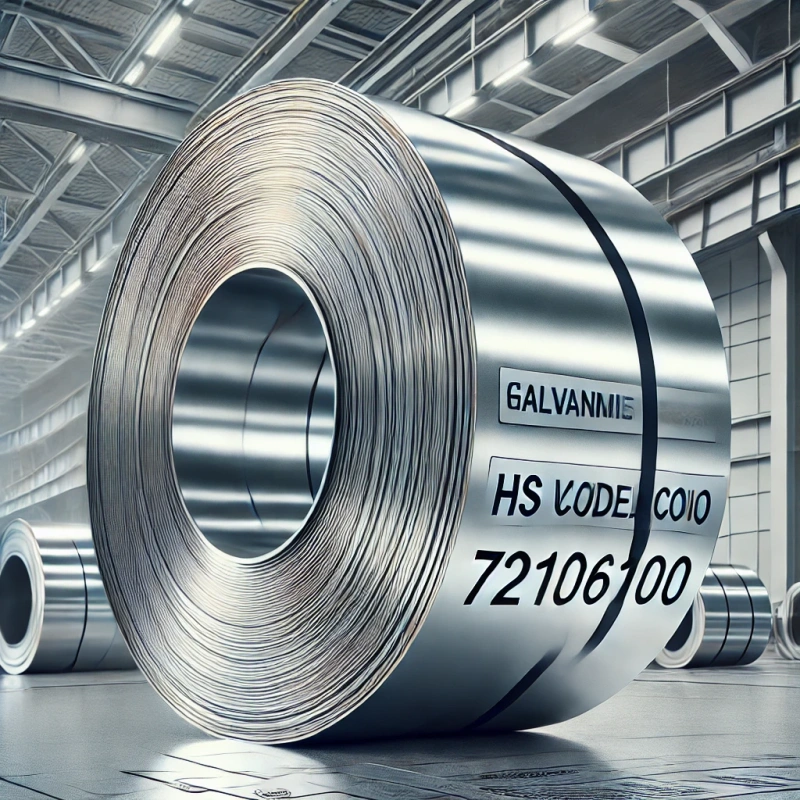
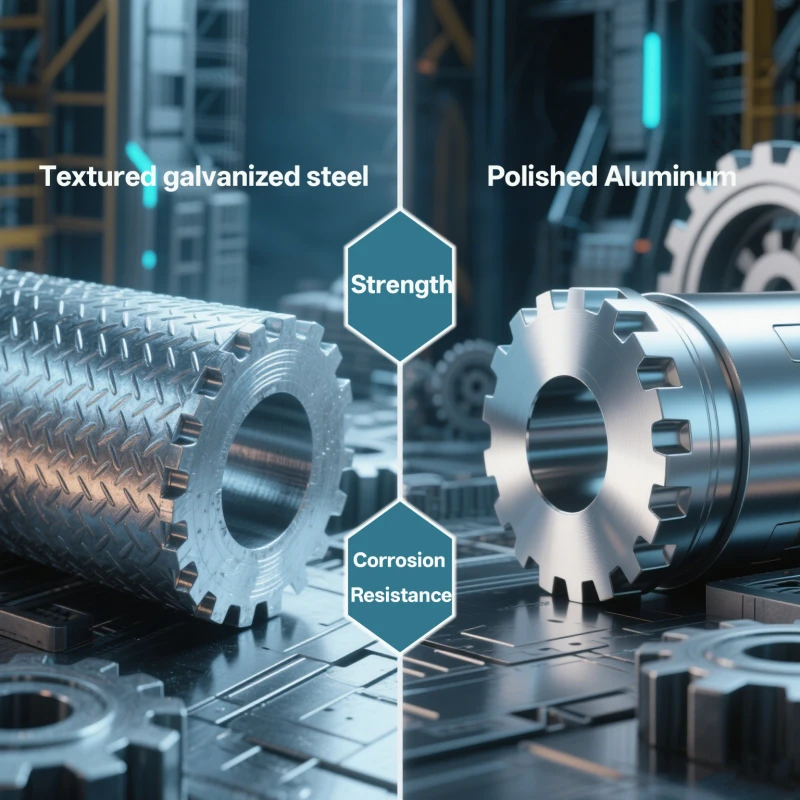
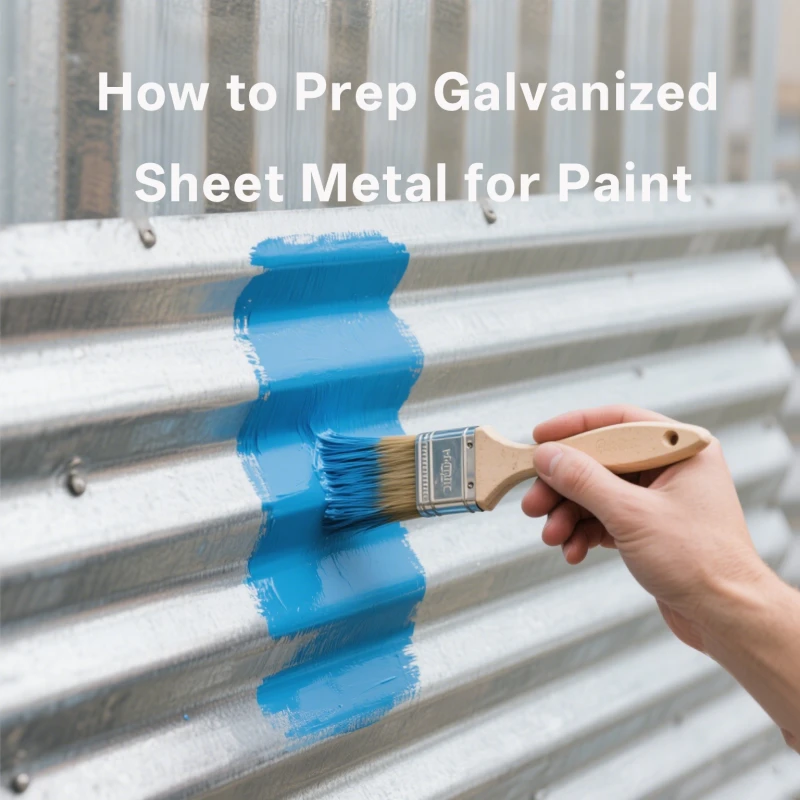
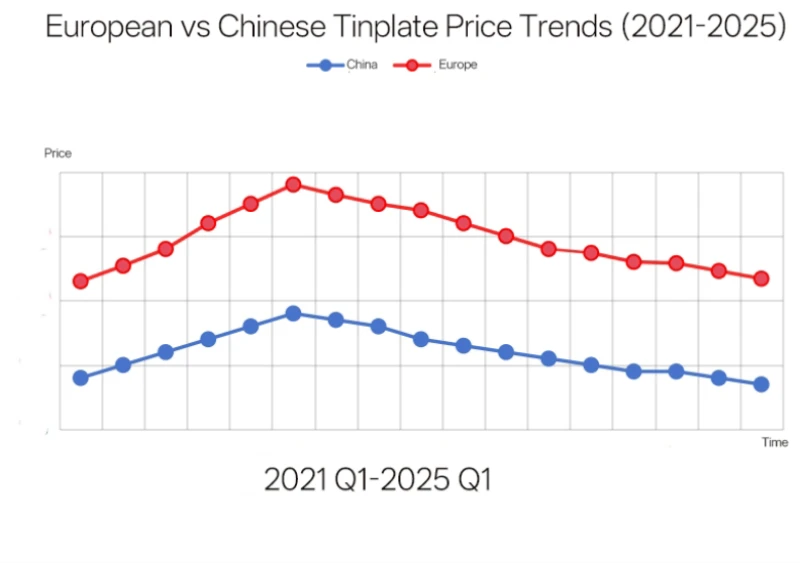
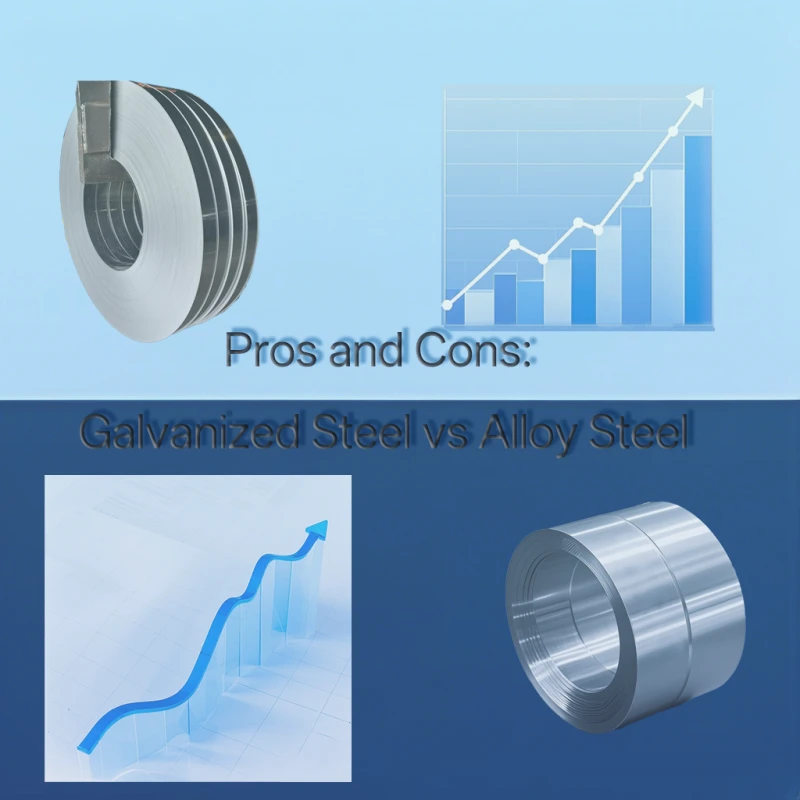
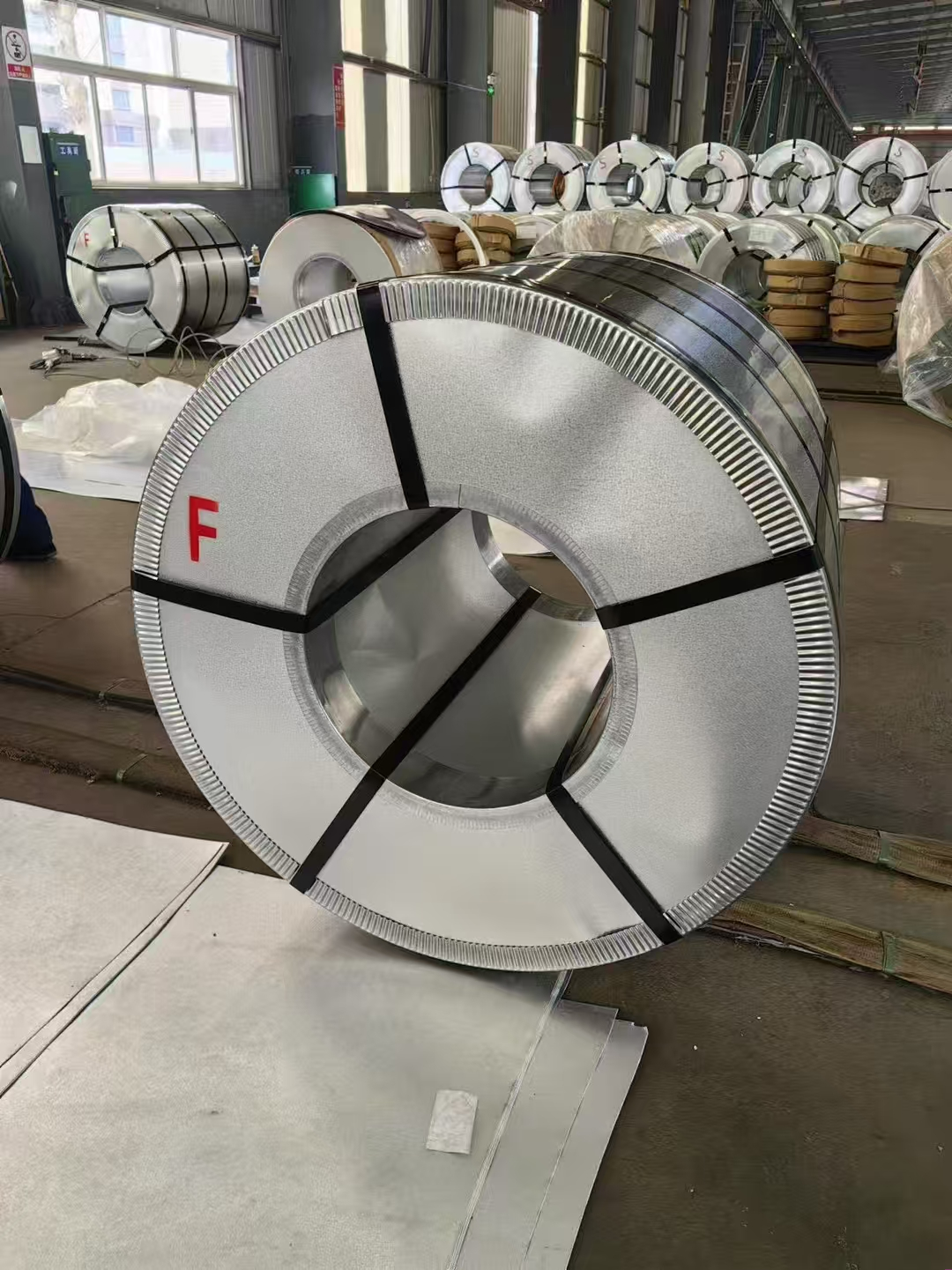
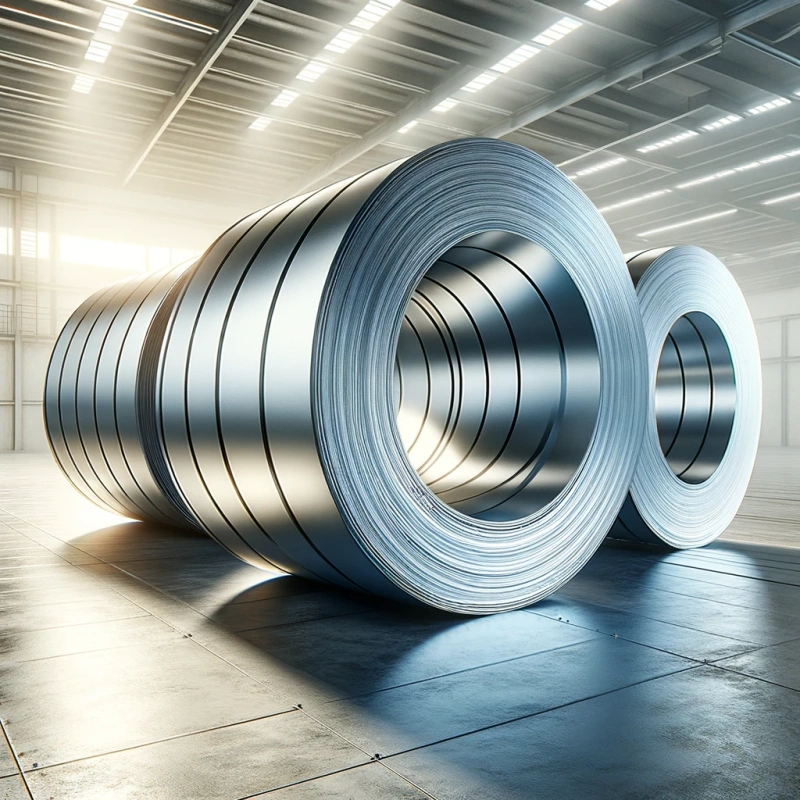
745.webp)
